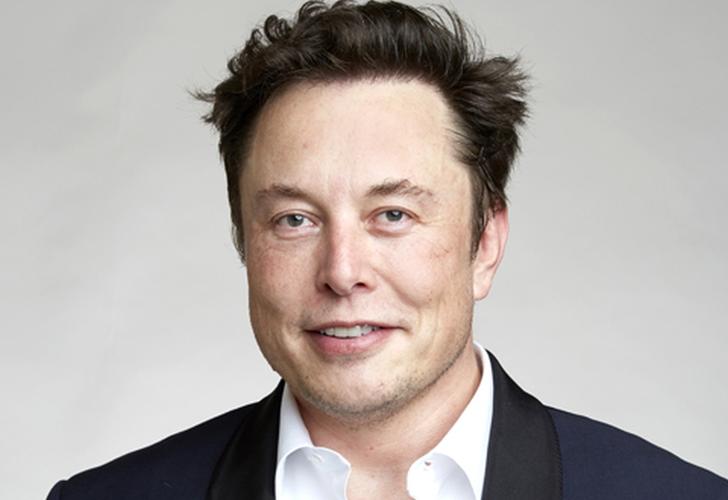
Elon Musk (SpaceX Starlink)
Vocus New Zealand appears to be in the frame to build an earth station south of Whangārei to support Elon Musk's Starlink low earth orbit satellite broadband service.
The station, which will be based on a chicken farm near Ruakaka, has attracted considerable local opposition with signs erected along State Highway 1 in opposition.
Vocus, which is publicly listed on the Australian Securities Exchange (ASX), began expressing interest in low earth orbit services last year as a potential solution to Australia's rural broadband challenges.
Vocus was exempted from the need to acquire a resource consent for the satellite station, which will contain a total of nine dishes, by the Whangārei District Council on February 17.
Now, analysis of radio spectrum data has tied the station to Musk's Starlink broadband service, which will be delivered by a fleet of low earth orbit satellites launched by Musk's SpaceX rocket company.
A Vocus NZ spokesman would not confirm the StarLink connection, only saying the service would deliver new services and improved connectivity for New Zealanders.
In December, pictures emerged of a similar station built in Canada.
Commercial services are expected to be launched by Starlink in the second half of the year, though no date for the launch of local services has been announced.
Speeds are expected to be between 50 to 150 Mbit/s, initially but Starlink is forecasting that to grow to G/bit speeds as more satellites are launched.
That puts it in the frame to compete not just with existing rural broadband services from the mobile telcos and rural wireless internet service provides, but even with the Ultrafast Broadband network and 5G fixed wireless services.
The Starlink project was first announced in 2015 and the first 60 satellites were in orbit by mid 2019, though SpaceX had lost contact with three.
In late 2019, the US Federal Communications Commission (FCC) submitted filings to the International Telecommunication Union (ITU) to arrange spectrum for 30,000 additional Starlink satellites on top of the 12,000 already approved by the FCC.
The project is controversial, with astronomers warning about the satellite swarm's impact on earth-based astronomy, the potential increase in "space junk" and collisions and the the satellites' potential to change the night sky.




